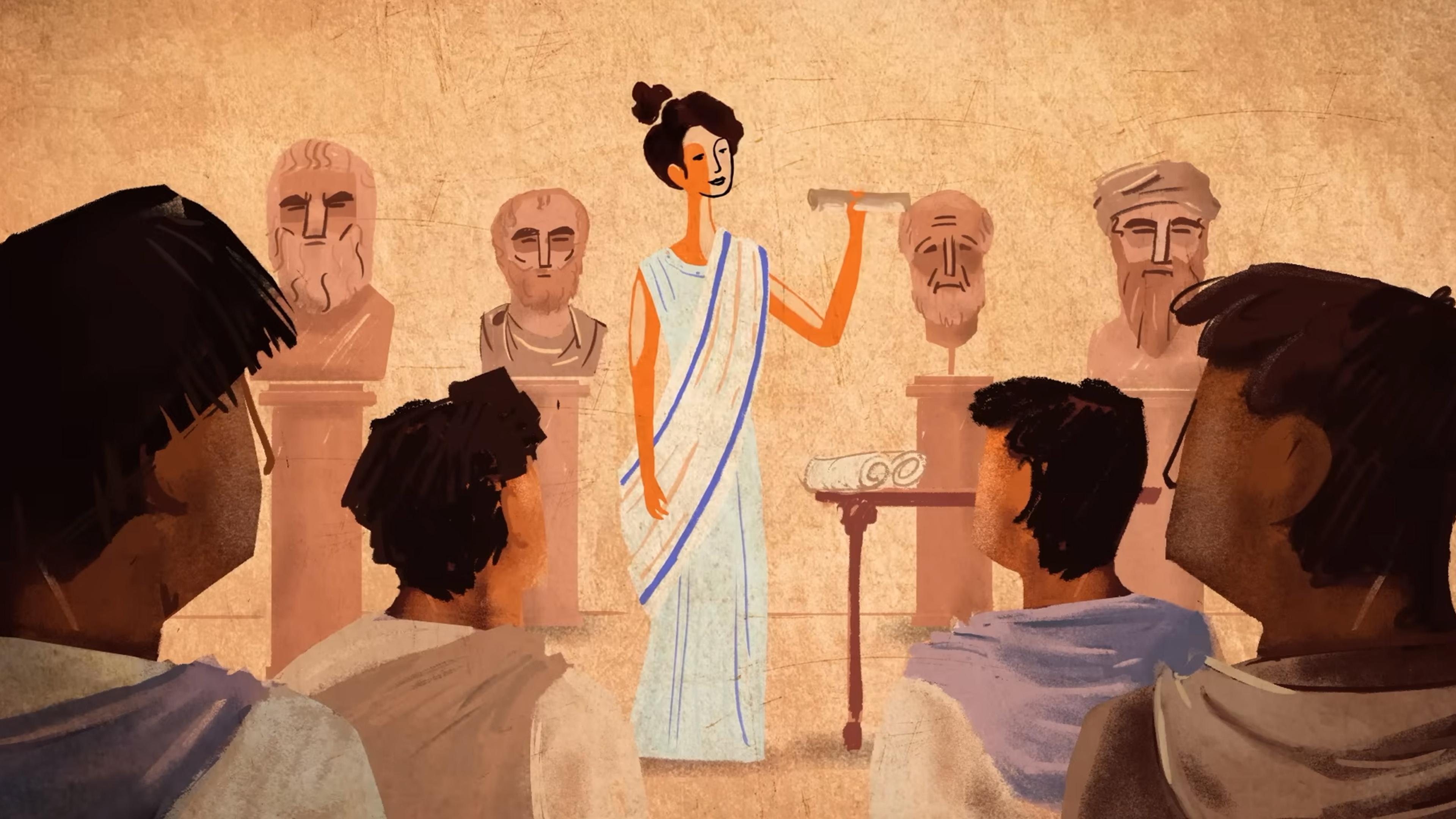Aeon Video has a monthly newsletter!
Get curated editors’ picks, peeks behind the scenes, film recommendations and more.
The radically impractical 18th-century architect whose ideas on beauty endure
Today, the ideas of the 18th-century French architect Étienne-Louis Boullée influence building designs around the world. However, during his life, Boullée was more interested in the poetic potential of architecture than concocting practical plans, and built very few structures that remain standing today. Instead, his lasting impact derives from his bold proposals for buildings that reflected the beauty he found in geometric simplicity and symmetry, presented on exceptionally grand scales. Working through drawings of some of Boullée’s proposed and never-realised buildings – from a stadium with a capacity of 300,000, to a real-life Tower of Babel and a fantastical monument to Isaac Newton – this video essay from the YouTube channel Kings and Things explores how he borrowed from and expanded upon classical architecture for inspiration, as well as how his ideas had a resurgence upon the publication of his writings in 1953, some 250 years after his death.
Video by Kings and Things

video
Animals and humans
Why be dragons? How massive, reptilian beasts entered our collective imagination
58 minutes

video
Rituals and celebrations
Flirtation, negotiation and vodka – or how to couple up in 1950s rural Poland
5 minutes

video
Technology and the self
In the town once named Asbestos, locals ponder the voids industry left in its wake
16 minutes

video
Biology
How the world’s richest reds are derived from an innocuous Mexican insect
5 minutes

video
Cities
A lush, whirlwind tribute to the diversity of life in a northern English county
3 minutes

video
Stories and literature
Robert Frost’s poetic reflection on youth, as read in his unforgettable baritone
5 minutes

video
Film and visual culture
‘Bags here are rarely innocent’ – how filmmakers work around censorship in Iran
8 minutes

video
Language and linguistics
Closed captions suck. Here’s one artist’s inventive project to make them better
8 minutes

video
Thinkers and theories
A rare female scholar of the Roman Empire, Hypatia lived and died as a secular voice
5 minutes